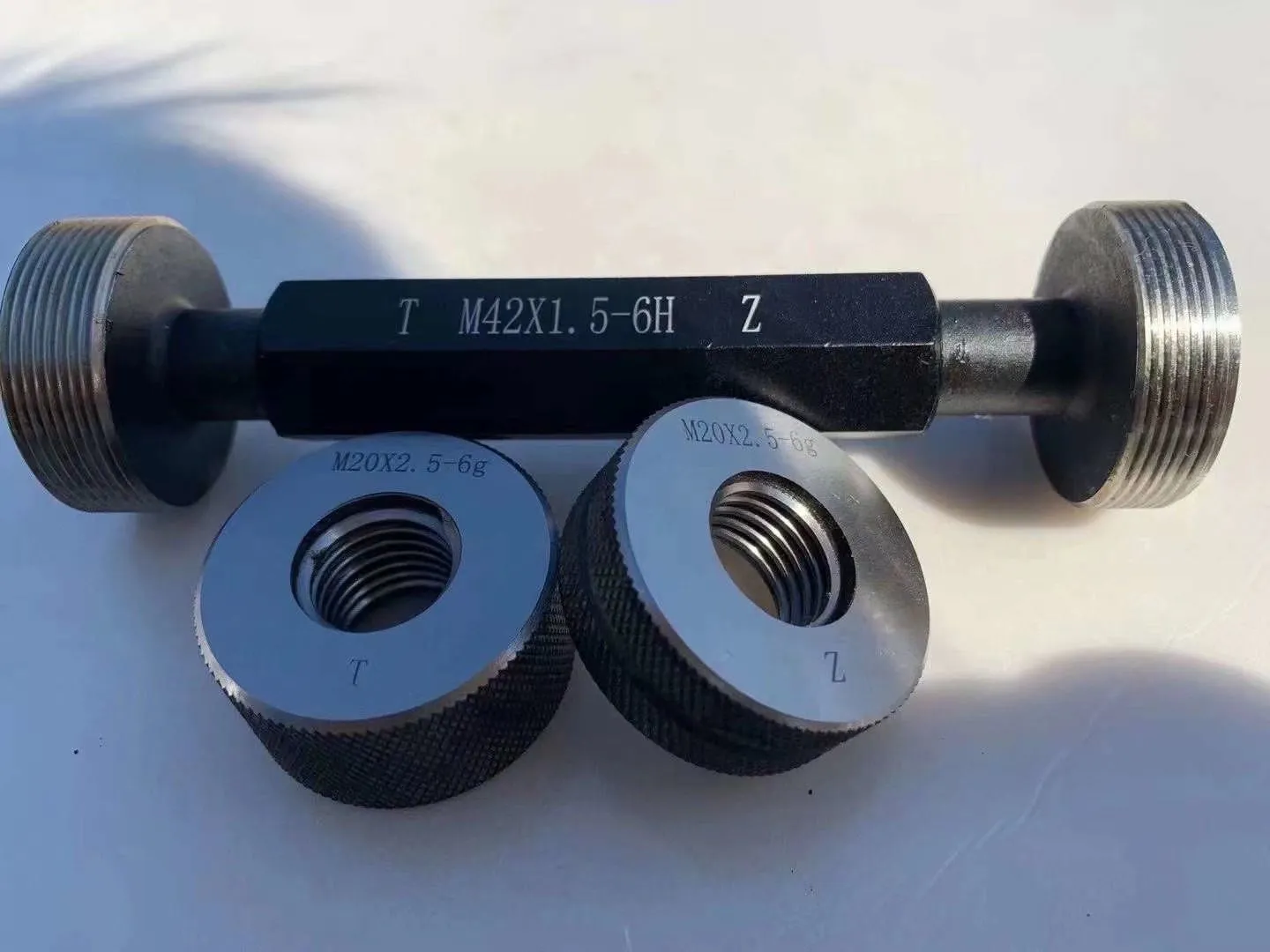Nov . 26, 2024 10:15 Volver á lista
Measurement Tools: Essential Gauges for Accurate Work
For tradespeople and technicians, precision is key. A variety of specialized gauges, such as the thread measuring gauge, differential gauge, and metal marking gauge, ensure that every measurement and marking is exact. This guide will highlight the features and benefits of these essential tools, offering insights into how they enhance accuracy in various applications.

Understanding the Importance of the Thread Measuring Gauge
A thread measuring gauge is indispensable when checking thread pitches and angles in bolts, nuts, and screws. This gauge is designed to verify thread standards quickly and accurately, whether in a factory setting or on-site work. By using a thread measuring gauge, technicians can avoid mismatches and ensure a secure fit, which is crucial for structural integrity in construction, automotive, and mechanical applications.
Applications and Benefits of the Differential Gauge
In systems that require pressure measurement, the differential gauge is an essential tool. Unlike standard pressure gauges, differential gauges measure the difference in pressure between two points, making it ideal for monitoring fluid flow in pipes, filters, or HVAC systems. Using a differential gauge improves system performance, helping detect blockages or pressure drops that may indicate maintenance needs, ensuring operational efficiency and safety.
Precision Marking with the Metal Marking Gauge
For anyone working with metal, a metal marking gauge is a tool that enhances accuracy in layout and cutting tasks. This gauge allows for precise lines and markings on metal surfaces, ensuring that each measurement is accurate before cutting, welding, or drilling. The metal marking gauge is commonly used in metalworking, fabrication, and construction to create exact markings, ultimately saving time and reducing errors.
Choosing the Right Gauge for Your Needs
When selecting a gauge, consider the specific requirements of your work. For threaded components, a thread measuring gauge is ideal, while fluid and pressure systems will benefit from a differential gauge. Meanwhile, a metal marking gauge is best for precise markings on metal surfaces. Choosing the correct gauge can streamline your workflow, improve accuracy, and enhance overall efficiency in your projects.
Maintenance Tips for Longevity and Accuracy
To ensure these tools perform well over time, proper maintenance is essential. For a thread measuring gauge, clean threads after each use to prevent buildup that could impact readings. For a differential gauge, regularly inspect connections and recalibrate as needed. Keep your metal marking gauge sharp and clean for consistent markings. Regular upkeep of each gauge not only extends its lifespan but also guarantees reliable performance for all future tasks.
In conclusion, tools like the thread measuring gauge, differential gauge, and metal marking gauge are critical for achieving precision and efficiency in a range of industrial and craft applications. By selecting the right tool for each task and maintaining it well, you’ll ensure accurate results every time.
-
Precision Manufacturing with Advanced Spline Gauge DesignNovasJul.31,2025
-
Industrial-Grade Calibrated Pin Gauges for Exact MeasurementsNovasJul.31,2025
-
Industrial Filtration Systems Depend on Quality Filter DN50 SolutionsNovasJul.31,2025
-
High-Performance Gate Valve WholesaleNovasJul.31,2025
-
Granite Surface Plate The Ultimate Solution for Precision MeasurementNovasJul.31,2025
-
Granite Industrial Tools The Ultimate Guide for Bulk BuyersNovasJul.31,2025
Produtos relacionados









